Author: Tjarda Muller
-
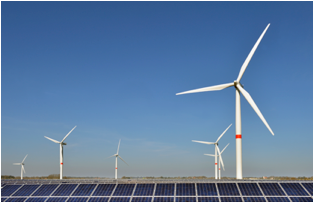
GECCO Energy webinar series: Gender in large-scale infrastructure
What we know, what we need & the out-of-the-box opportunities Friday, November 13, 2015 at 10:00-11:30 AM EDT Register for the webinar here. Gender mainstreaming in the energy sector is taking place from national policies, to institutional reforms and project development—increasing energy access and providing a low emission development pathways for many around the world.…
-
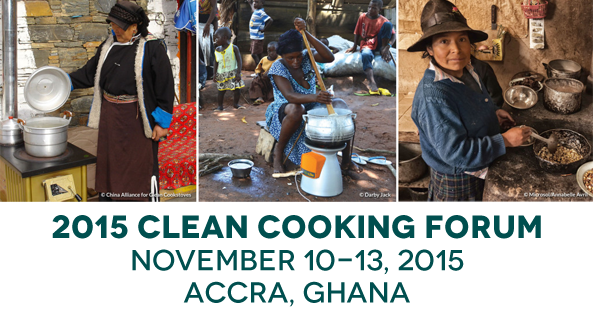
Clean Cooking Forum 2015
Register today for the Clean Cooking Forum 2015, November 9-13, 2015 at the Alisa Hotel in Accra, Ghana! Spots are going fast and we anticipate this this event will SELL OUT. This year’s exciting agenda brings together more than 400 global leaders from the private sector, government, finance, civil society, academia, the UN, and Development…
-
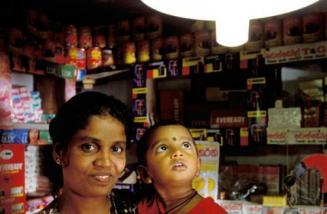
Course Announcement: Gender Equality and Development – Gender and Energy Module
Organised by E-institute in collaboration with World Bank Group Gender and ESMAP Dates: November 16, 2015 – December 18, 2015 Application Ends On : October 31, 2015 Energy affects women and men differently, as men and women have different roles and responsibilities in households, markets and their communities. This makes their access, use, and the…
-
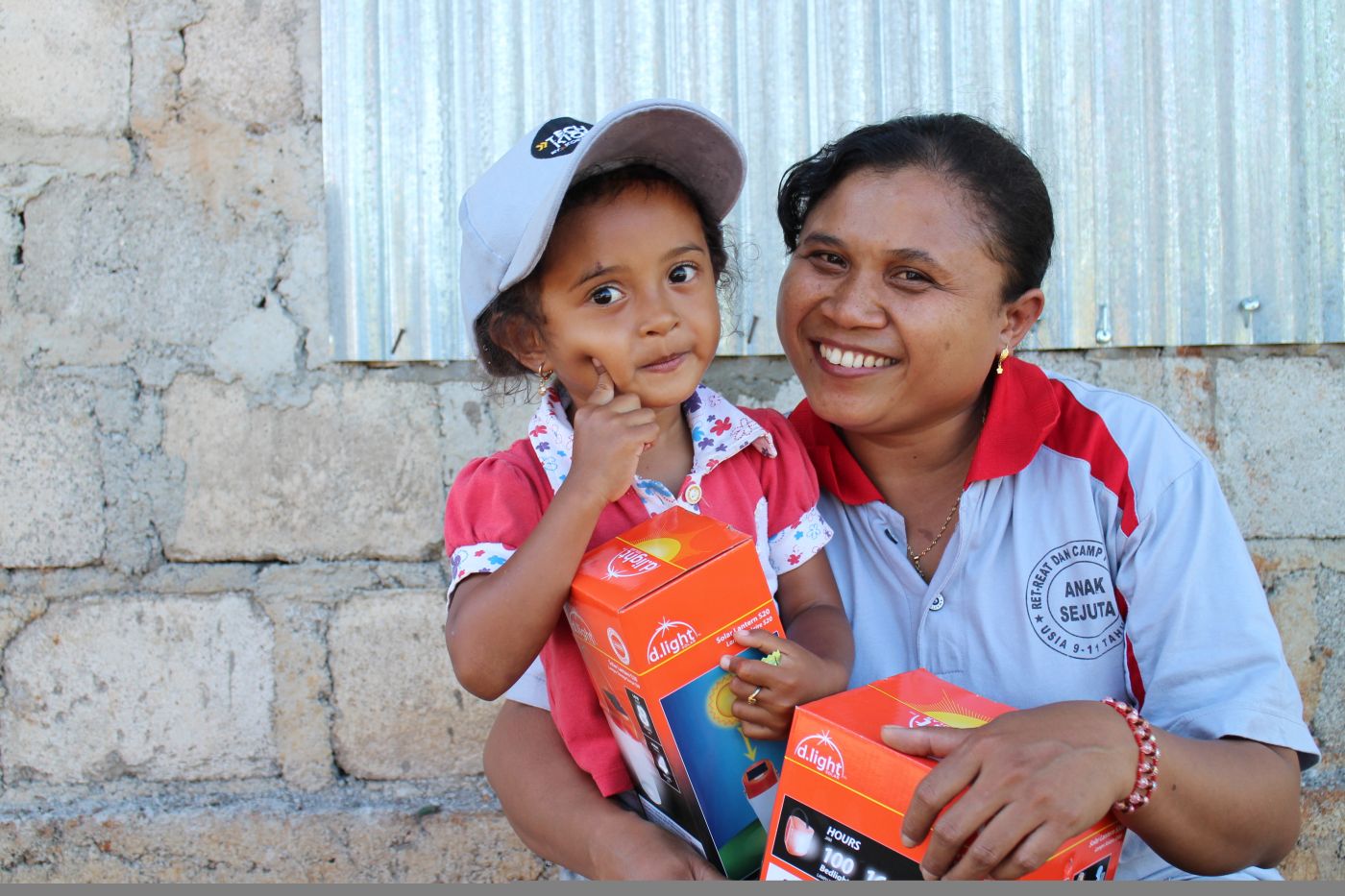
Kopernink wins UNDP Peace Innovation Challenge
ENERGIA partner Kopernik wins UNDP IIX-N-Peace Innovation Challenge, a joint initiative by the N-Peace Network, United Nations Development Program (UNDP), and Impact Investment Exchange Asia (IIX). The challenge is an enterprise competition that aims to accelerate the peacebuilding agenda by supporting Impact Enterprises working to empower women, engage youth, and catalyse innovation and technology. Kopernink…
-
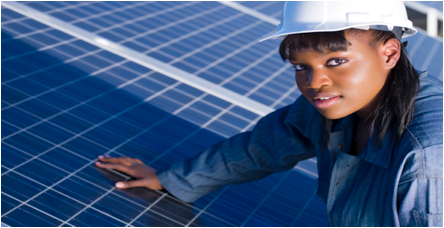
GECCO Energy Webinar Series on Gender equality in the energy sector
Gender equality in the energy sector: Understanding how renewable energy contributes to empowerment Thursday, October 22, 2015 at 10:00-11:30 AM EDT Gender mainstreaming in the energy sector is taking place from national policies to institutional reforms and project development, ultimately increasing energy access and providing low emission development pathways for many around the world. Gender has…
-
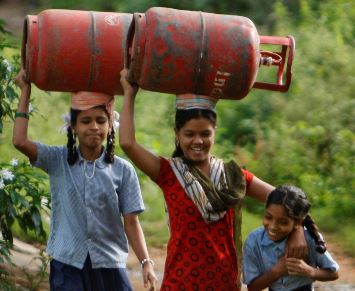
ENERGIA News — LPG: Increasing the energy options benefitting women worldwide
This new edition of ENERGIA News showcases various ways in which women are benefiting from LPG and, by doing so, illustrates what can be done – at various points in the LPG value chain – in order for LPG to support women’s needs and goals and hence contribute to wider gender equity. It follows…
-
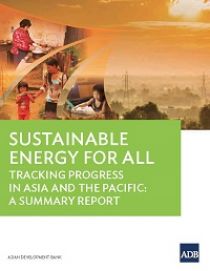
Women, children, and health take center stage in SE4All Status Report tracking progress in Asia and the Pacific.
Asia and the Pacific economies are on track in meeting the goal of sustainable energy for all (SE4All), but whether the pace is sufficient to reach the SE4All targets by 2030 remains to be seen. This first attempt of the SE4All Asia-Pacific Regional Hub to monitor the performance of Asia and the Pacific revealed progress in…
-
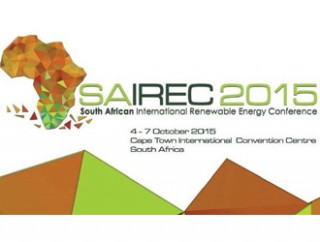
Featuring Women in SAIREC
UN Women South Africa Multi Country Office, in partnership with Department of Energy and the United Nations Industrial development Organisation (UNIDO), has launched a call for women to submit projects focusing on renewable energy technologies and innovations. The project promotes technologies that have a positive impact on women’s lives, especially those technologies that will improve…
-

South African International Renewable Energy Conference 2015
Oct 4 2015 – Oct 7 2015 – Cape Town International Convention Centre, Cape Town SAIREC 2015 is an international conference dedicated exclusively to renewables. It is for government ministers, high-level decision makers, experts, specialists and thought leaders, as well as private sector players and civil society to discuss and exchange their vision, experiences, and…
-
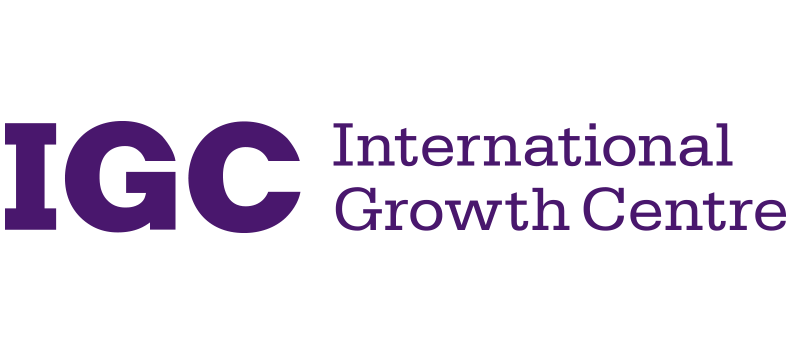
Powering Change: Can rural electrification close the gender gap?
This new IGC blog describes evidence from a rural electrification project in Peru which suggests that access to energy may be an effective tool in closing the gender gap, affecting both wages and occupational choice. Between 2007 and 2010, the Peruvian Government invested around US$657 million in 567 electrification projects, reaching 412 districts in rural Peru and almost…
-
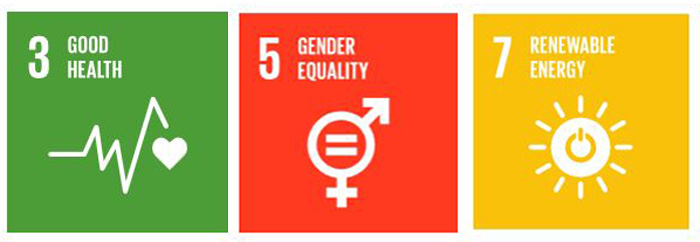
Getting Cooking Energy Right in the Post-2015 Indicators
August 8, 2015 Access to sustainable, safe energy has been left out of previous international development agendas and ENERGIA and the Global Alliance for Clean Cookstoves (Alliance) are committed to helping reverse this trend. The lack of access to clean and efficient cooking solutions has significant impacts on health, economic, and social well-being, gender equality, and the…
-

Event: Energy, Poverty and Gender Conference
Thursday, September 10, 2015 Washington DC 20005 Development practitioners’ recognition of the importance of electricity to economic growth has led to billions of dollars in investment in the energy sector. To ensure the maximum impact of these investments, it is essential to consider how electricity can contribute to poverty reduction, social inclusion and gender equality.…

